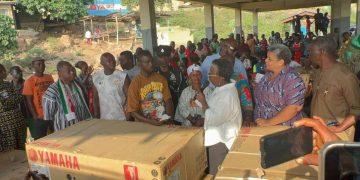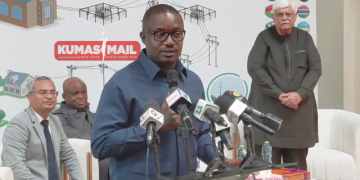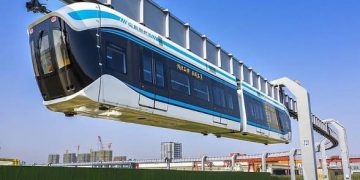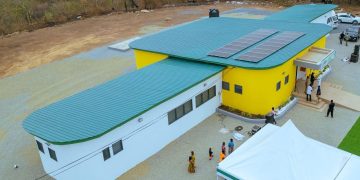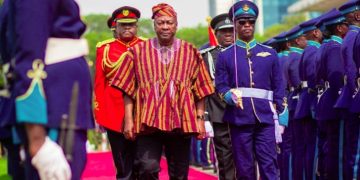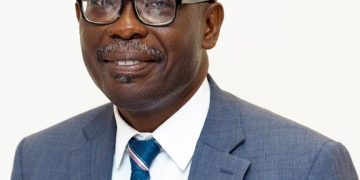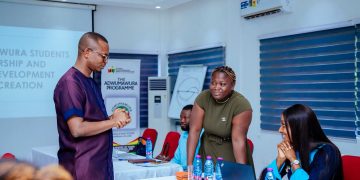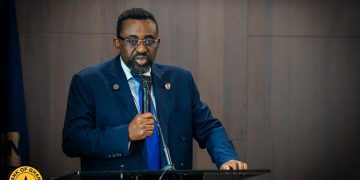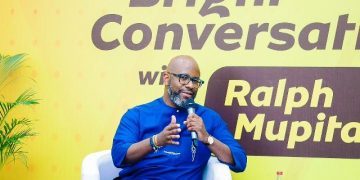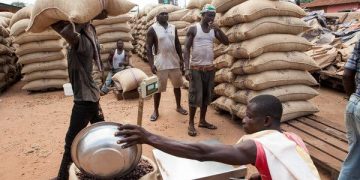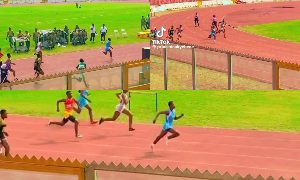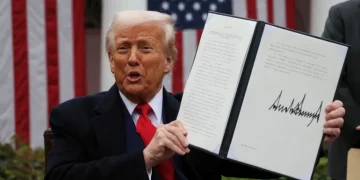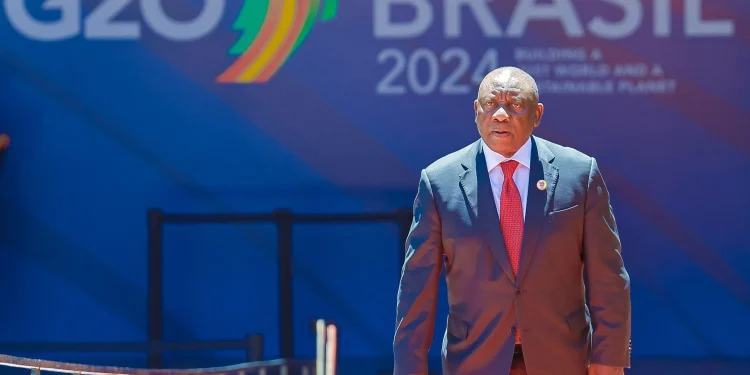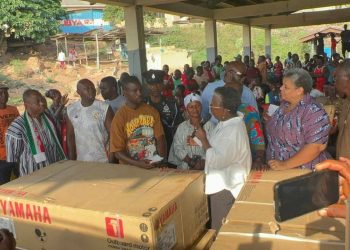As the world aims for a green energy future, Africa’s vast mineral wealth has made it central to global competition. With South Africa hosting the G20 and the African Union now a full member – can it turn its resources into leverage for Global South solidarity and shared prosperity?
Africa stands at a crossroads. The continent holds vast reserves of critical minerals including cobalt, lithium and rare earths – all essential to the global energy transition, digital innovation and defence technologies. Yet despite this abundance, Africa risks remaining being a supplier of raw materials without a unified strategy and bold diplomacy.
The upcoming G20 summit in South Africa offers an opportunity to rewrite this narrative and to transform Africa’s mineral wealth into a foundation for cooperation and equitable growth across the Global South.
Overcoming weak governance
Africa’s mineral wealth has placed it at the centre of global geopolitical competition, with major powers racing to secure long-term access through bilateral deals that largely serve their own interests. The US Inflation Reduction Act and the EU Critical
Raw Materials Act illustrate this trend, promoting domestic processing while imposing conditions that exclude African producers from higher-value segments of the supply chain.
However, Africa’s agency is rising. The Africa Green Minerals Strategy (AGMS), adopted by the African Union in 2025, builds on the 50-year plan of the Africa Mining Vision and Agenda 2063.
It provides a transformative roadmap for harnessing mineral value chains to advance equitable industrialisation, electrification and sustainable development. Anchored on four pillars – mineral development, human capital and technology, value chain growth and mineral stewardship – the AGMS offers a comprehensive framework for action.
Yet, as with earlier continental initiatives, its success will depend on overcoming weak governance, fragmented efforts and limited implementation capacity. The UN Secretary-General’s Panel on Critical Energy Transition Minerals (CETMs) has refocused global attention on mineral governance.
Its seven guiding principles centred on human rights, environmental integrity, equity, benefit-sharing, responsible investment, transparency and multilateral cooperation offer a blueprint for a just and inclusive mineral economy.
Prioritising critical minerals
Notably, the panel’s first actionable recommendation calls for the establishment of a High-Level Expert Advisory Group to accelerate benefit-sharing and value addition in mineral-rich countries. Africa must seize this moment to consolidate its voice and strategic direction. South Africa’s hosting of the G20 summit provides an opportune platform to do so.
The G20 represents 85% of the global economy. Now that the AU has joined as a full member, it offers a powerful platform to advance Africa’s interests and accelerate benefit-sharing in the mineral sector.
South Africa’s G20 agenda rightly prioritises critical minerals, positioning them at the centre of Africa’s industrialisation and inclusive growth. Under South Africa’s presidency, the G20 is developing a critical minerals framework, a timely opportunity for African nations to advocate for a global mechanism that promotes fair value chains, local beneficiation and equitable partnerships.
This also offers Africa a chance to chart its development path, moving beyond extracting towards structural transformation. That requires investment in geological mapping, respect for community mineral rights, research and innovation, infrastructure development and the creation of skills ecosystems for the future workforce.
It also calls for diplomatic champions capable of driving a global initiative for fair mineral governance, particularly for Global South countries that have long been excluded from the high-value segments of the mineral value chain.
Diplomacy and fairness will strengthen the Global South
Critical mineral diplomacy is, therefore, essential to strengthen South-South collaboration within the G20. Emerging producers across Latin America, Asia and Africa face similar challenges and share common aspirations.
Deepening South-South cooperation will enhance their bargaining power and political capital, allowing them to negotiate fairer deals, move up the value chain and benefit more from their renewable and mineral resources.There are three main areas in which Global South countries can work together. First, advocacy for fairness and sovereignty — by uniting to push for equitable access to climate finance, fair trade rules and responsible sourcing standards.
This includes coordinated positions within the G20, UNFCCC and WTO to challenge restrictive trade frameworks and promote inclusive ESG standards that reflect the realities of developing economies. Joint advocacy can also support the creation of a High-Level Expert Advisory Group, as proposed by the UN Panel, to ensure fair benefit-sharing and value addition.
Second, joint research, development and innovation – pooling resources to establish regional research hubs and innovation ecosystems. The DRC-Zambia Battery Council is a leading example, co-developing battery precursor materials and regional value chains for electric vehicle batteries.
The Centre of Excellence for Advanced Battery Research in the DRC also brings together researchers from across Africa to develop lithium-ion and sodium-ion technologies tailored to local contexts. Partnerships with other mineral-rich Global South countries such as Indonesia, Bolivia and India can further advance collaboration on mineral processing, recycling and green hydrogen technologies.
Third, skills development for the future workforce – a coordinated approach is essential. The AGMS mandates that mining companies allocate 5% of payroll to STEM training and 1% of sales to research and development. These funds can support regional training initiatives such as the African Minerals Skills Development Initiative (AMSDI), which partners with universities in Ghana, South Africa and Tanzania to train engineers, geologists and technicians.
Democratising Access
Cross-border vocational programmes and digital learning platforms can further democratise access to green skills, especially for youth and women.
The G20 platform should therefore be leveraged to ensure that the Global South develops a coordinated response to the opportunities emerging from the critical minerals rush.
Such cooperation will enable these countries to use their collective resources not only for industrial competitiveness, but for the shared prosperity of all their citizens.
Source: The Africa Report


